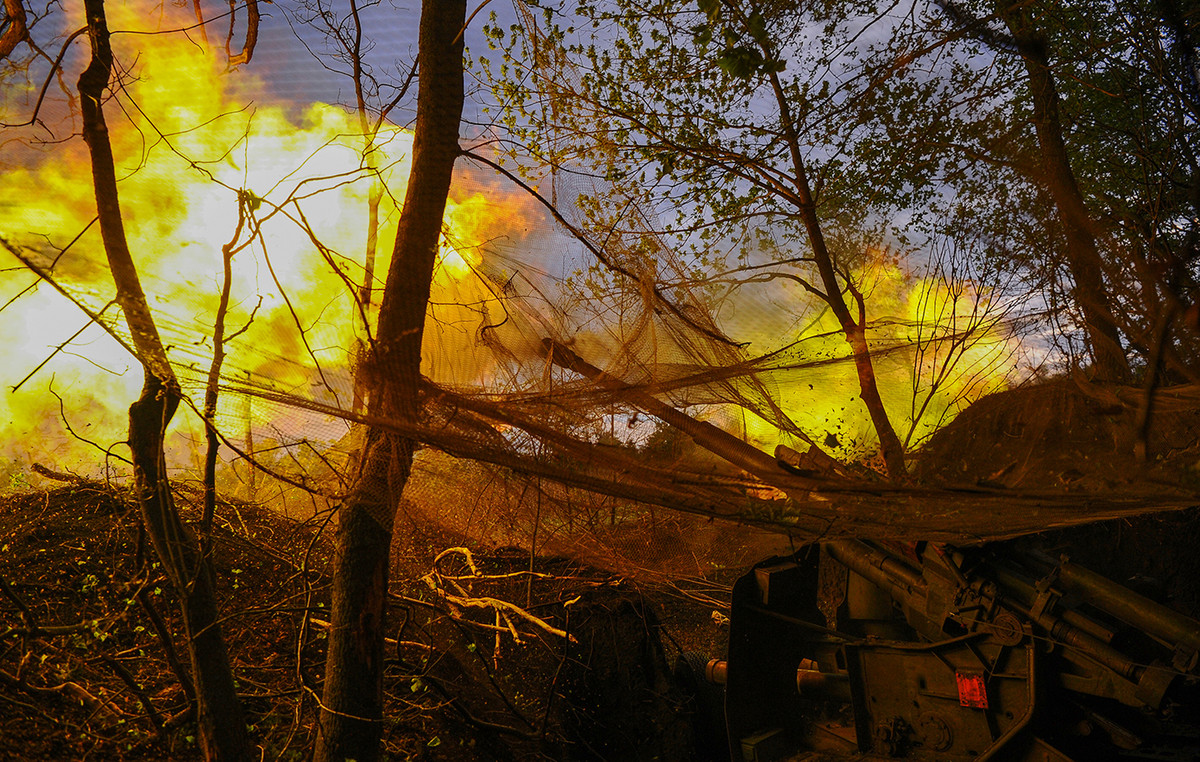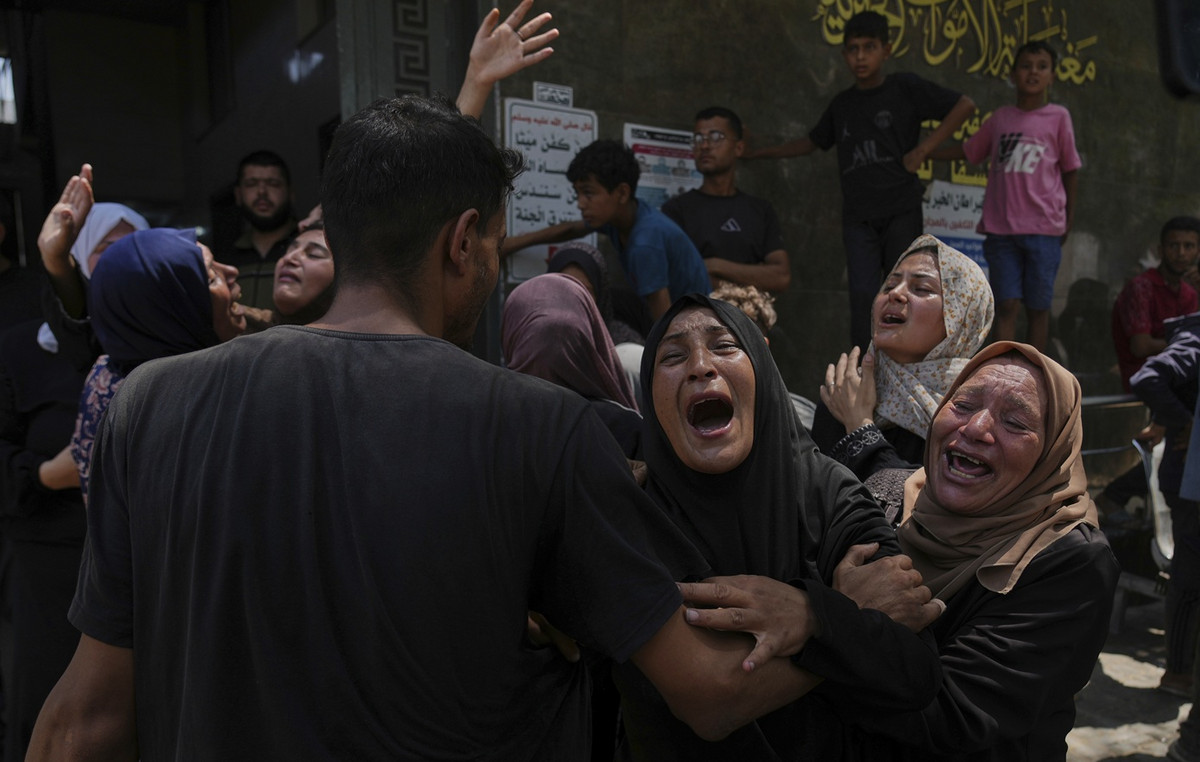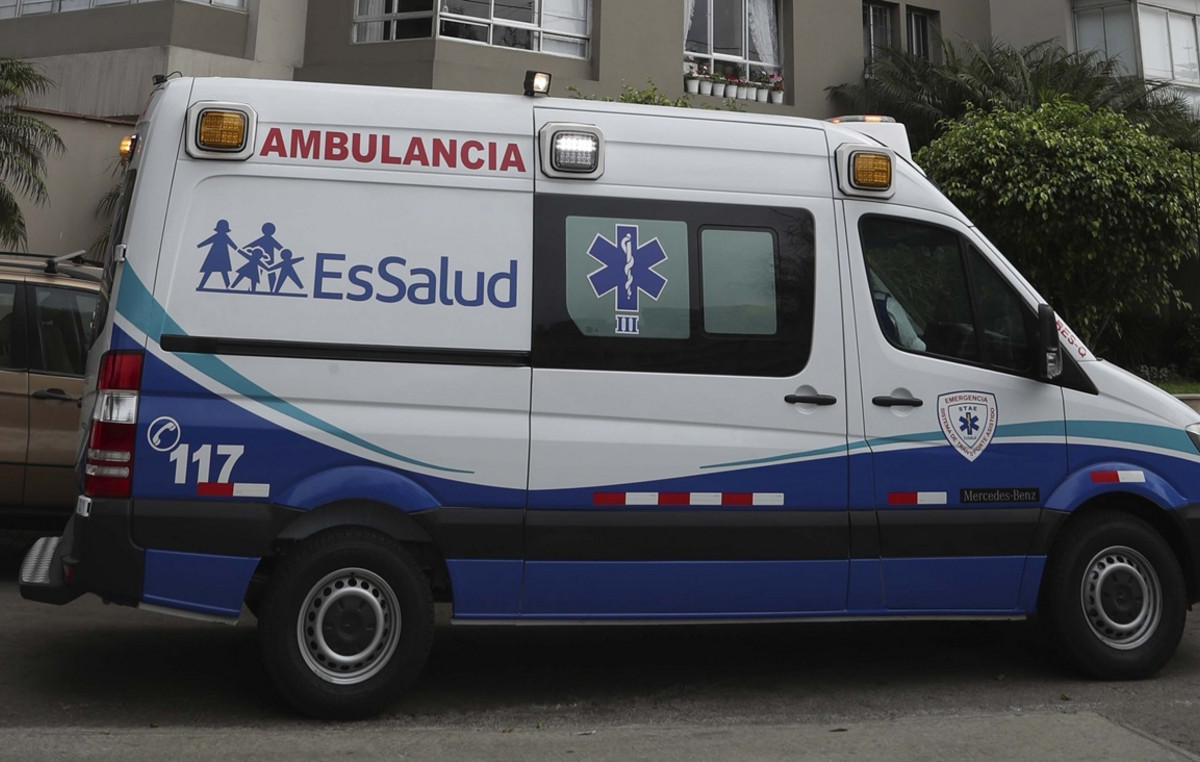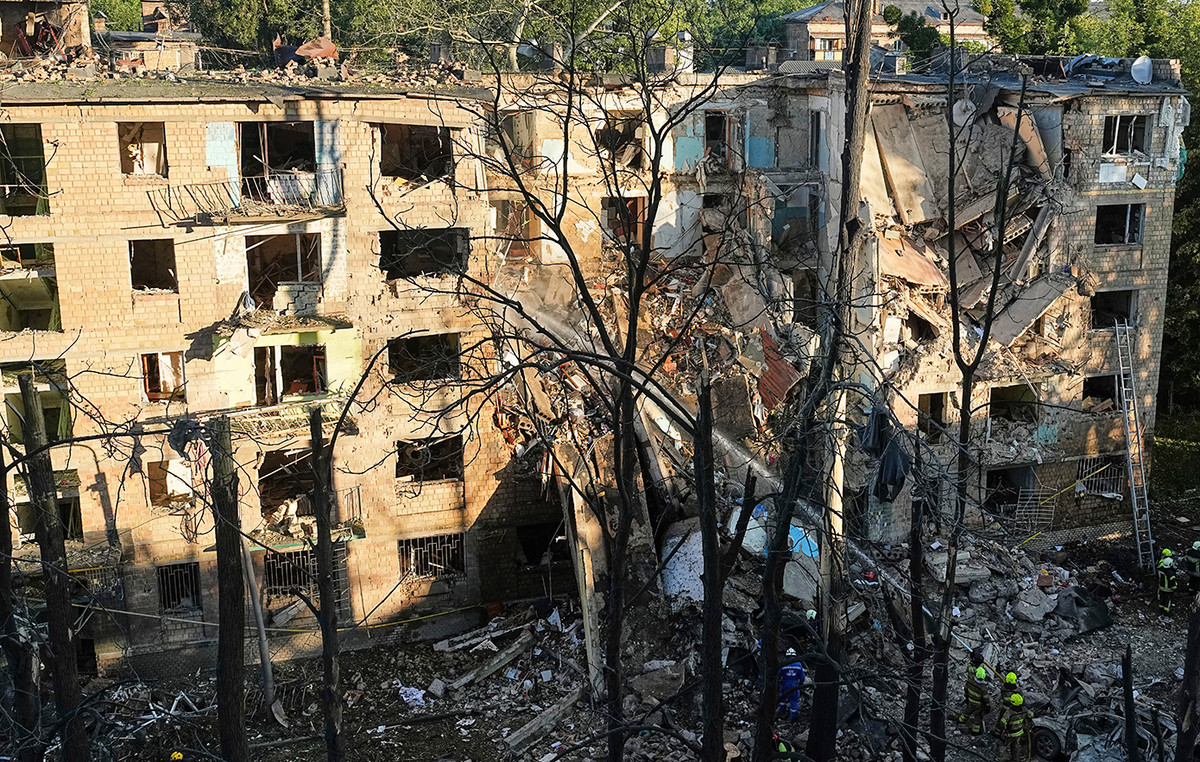The World Health Organization (WHO) recommended, this Tuesday (14), vaccination against smallpox for priority groups, including healthcare workers at risk, laboratory staff working with orthopoxvirus, clinical testing specialists who diagnose the disease, and others who may be at risk according to national public health authorities.
The first WHO recommendations on the subject were published in an interim guide from the consultancy of the Strategic Advisory Group of Experts (SAGE). In the document, the WHO emphasizes that the mass vaccination is not required or recommended for smallpox at the time.
For people who have had contact with confirmed cases of the disease, the WHO recommends vaccination, as post-exposure prophylaxis (PEP) , with a second or third generation vaccine. The vaccine should preferably be given within four days of the first exposure to prevent the onset of illness.
In the document, WHO warns that some countries have retained strategic supplies of older smallpox vaccines from the Smallpox Eradication Program, completed in 1980. However, these first-generation vaccines held in national reserves are not recommended for smallpox at this time. , as they do not meet current safety and manufacturing standards.
Years of research have led to the development of new and safer vaccines (second and third generation) for smallpox, some of which may be useful for monkeypox and one of which (MVA-BN) has been approved for prevention of the specific disease. .
The WHO claims that the judicious use of vaccines could support global outbreak response of monkeypox. In addition, controlling the problem requires strong public health measures to prevent the spread of the disease.
In the document, WHO highlights that vaccination programs must be supported by thorough surveillance and contact tracing and accompanied by a strong information campaign. In addition, decisions about the use of vaccines must be based on a thorough assessment of the risks and benefits on a case-by-case basis.
About monkey pox
The disease is caused by a virus that belongs to the orthopoxvirus genus of the Poxviridae family. There are two groups of monkeypox virus: those from West Africa and those from the Congo Basin (Central Africa).
Monkeypox virus is transmitted from person to person through close contact with injuries, body fluids, respiratory droplets and contaminated materials such as bedding. The incubation period is usually 6 to 13 days, but can range from 5 to 21 days.
Several animal species have been identified as susceptible to monkeypox virus, including squirrels, mice, voles, non-human primates and other species. According to the WHO, more studies are needed to identify the exact reservoirs and how the circulation of the virus is maintained in nature. Ingestion of undercooked meat and other animal products from infected animals is a possible risk factor.
Human infections with the West African type of virus appear to cause less severe illness compared to the Congo Basin viral group, with a fatality rate of 3.6% compared to 10.6% for the Congo Basin viral group. .
Source: CNN Brasil







